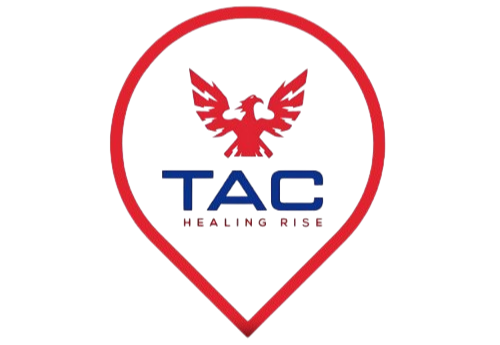
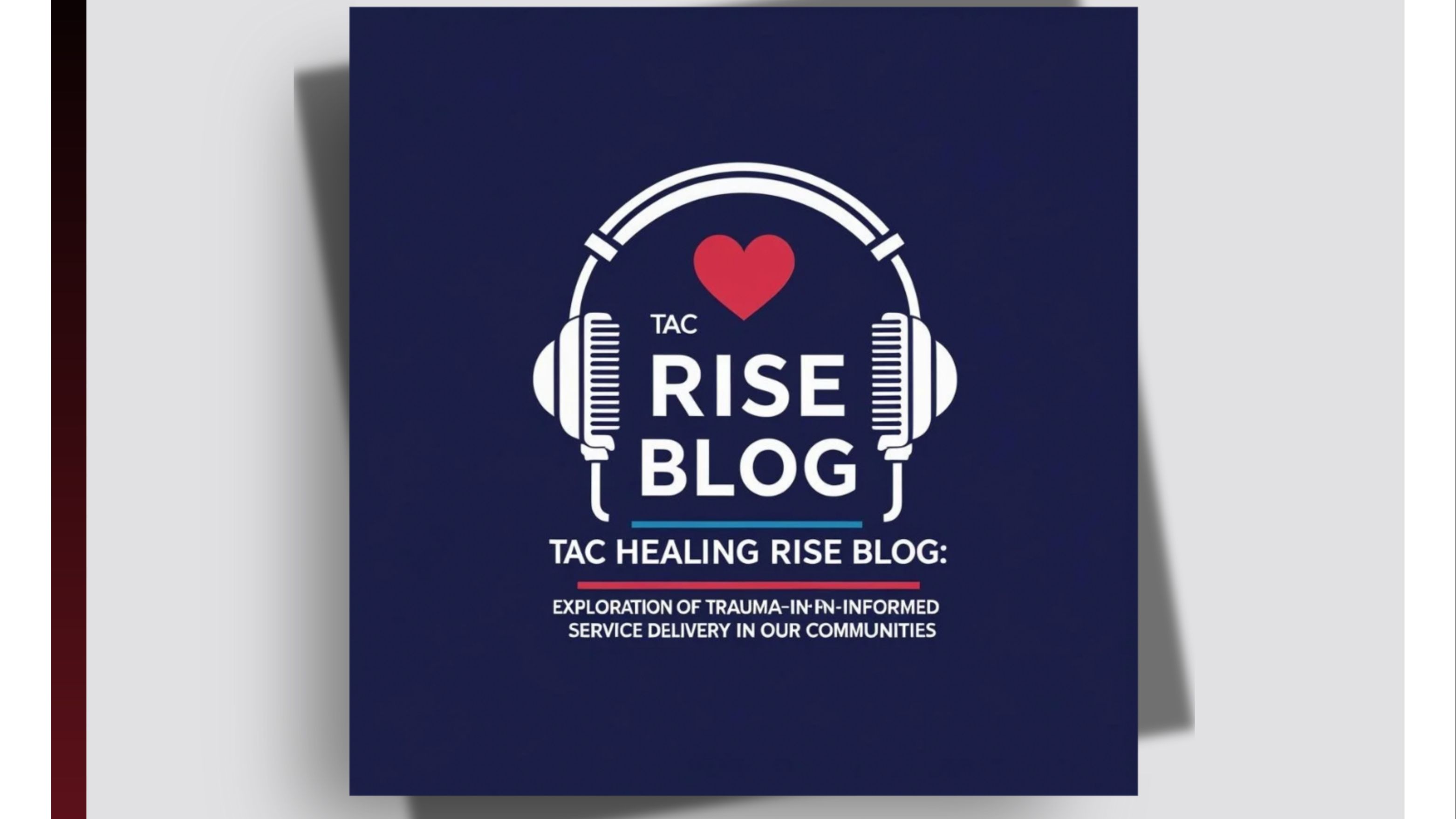
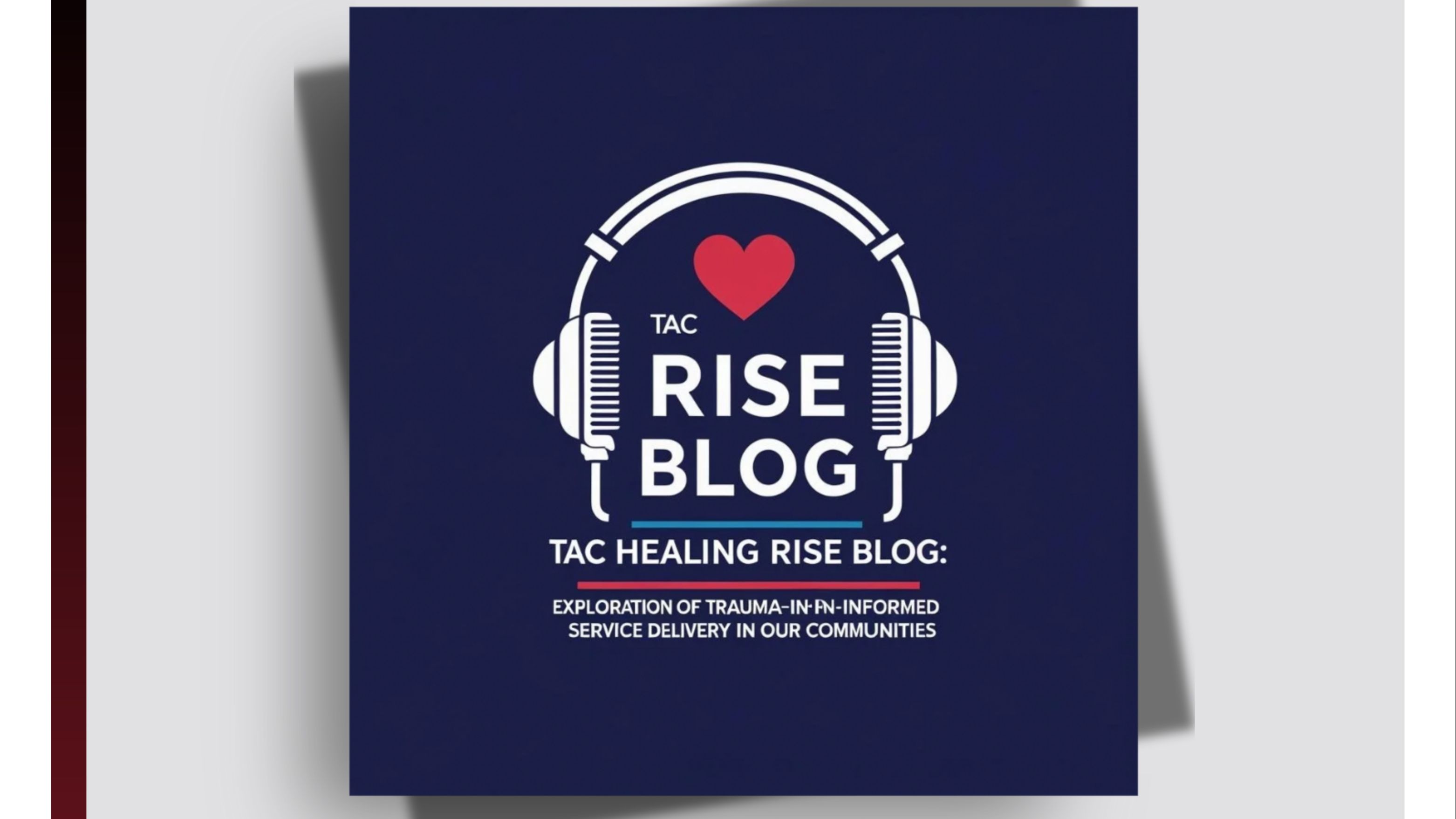
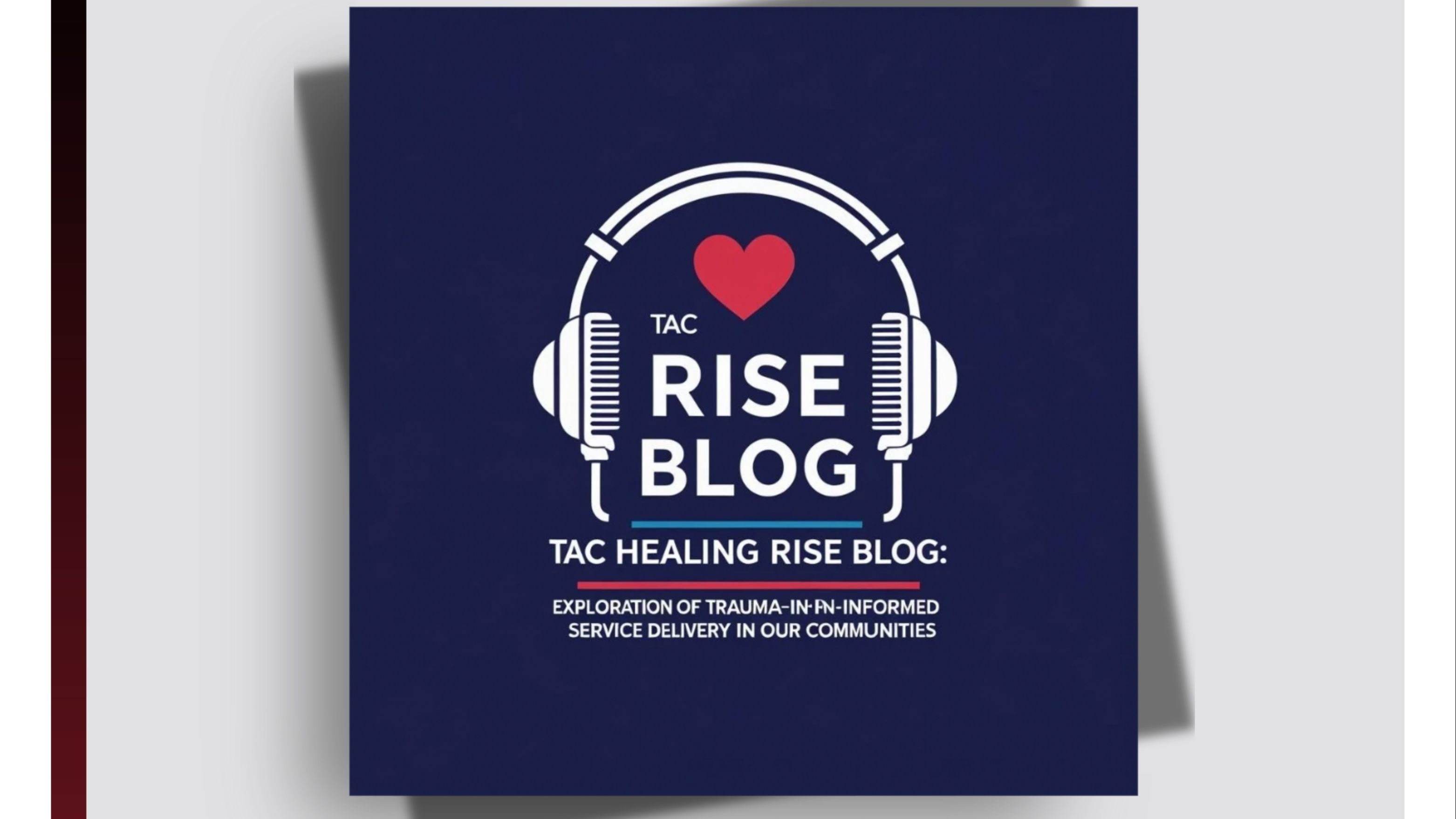
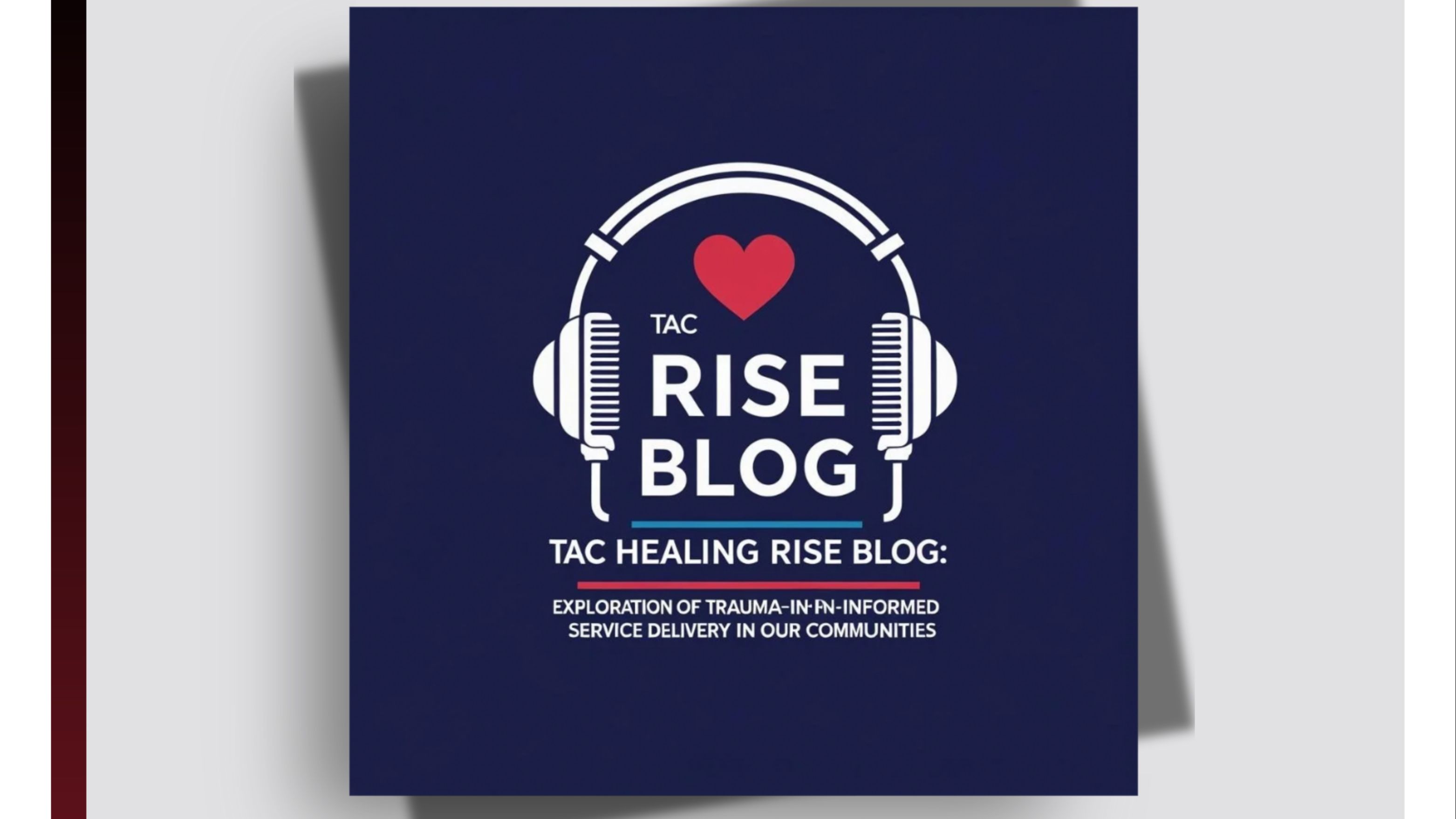
In today’s globalized world, language does more than connect, it shapes how we express pain, ask for help, and experience healing. For immigrants and multilingual individuals, access to mental health care that reflects their language and identity is not just helpful, it’s essential.
For emerging behavioral health professionals, understanding how language and representation impact mental wellness is a critical step toward practicing trauma-informed, culturally responsive care.
In this article,...
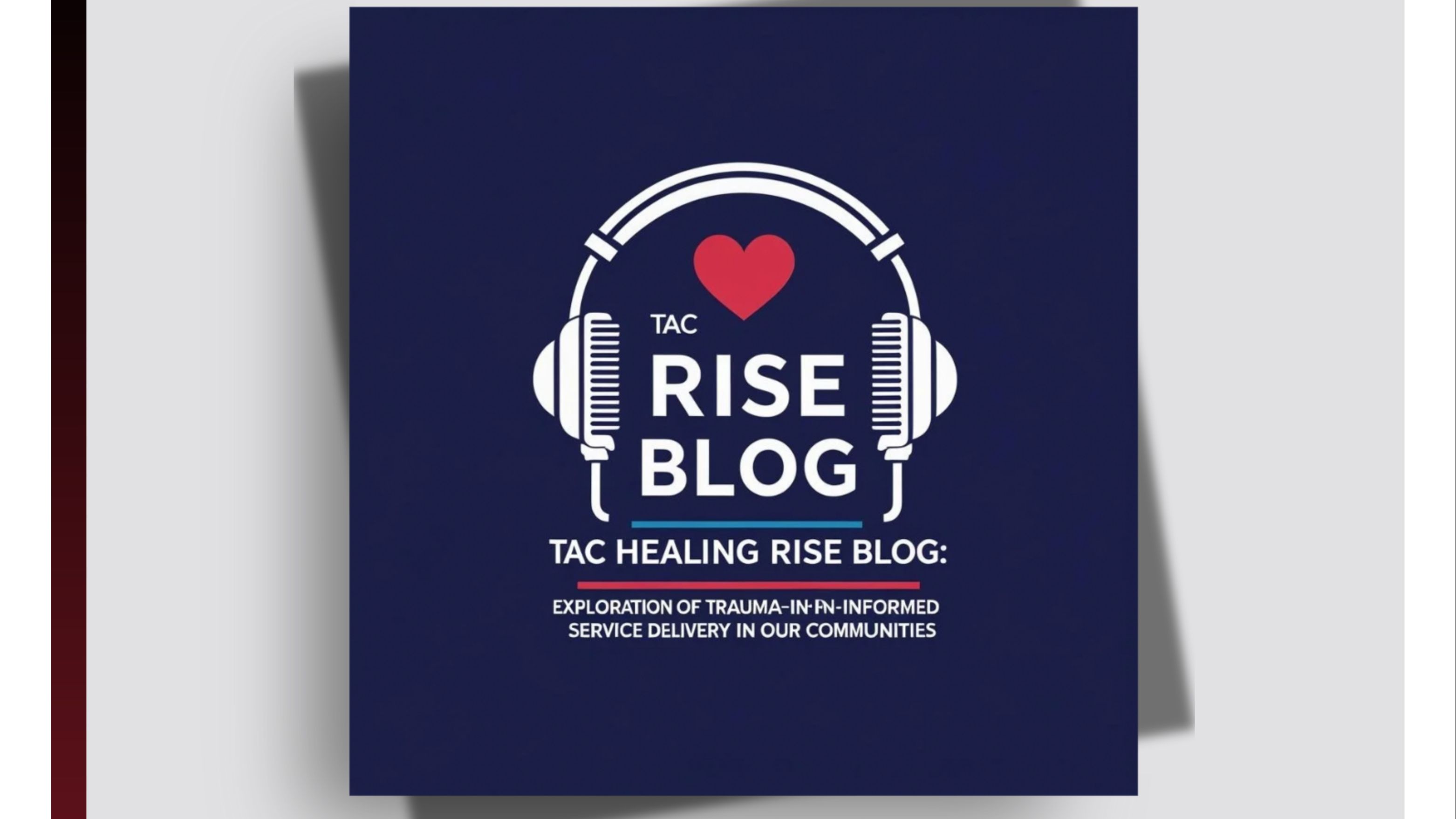
In a society as diverse as ours, behavioral health professionals are increasingly called to respond with care, compassion, and competence to individuals from all walks of life. For emerging behavioral health professionals, particularly those serving in underserved communities, the ability to practice cultural sensitivity is not just a best practice, it's an ethical responsibility.
This article explores how a trauma-informed, culturally responsive approach can foster healing, reduce stigma, and ...
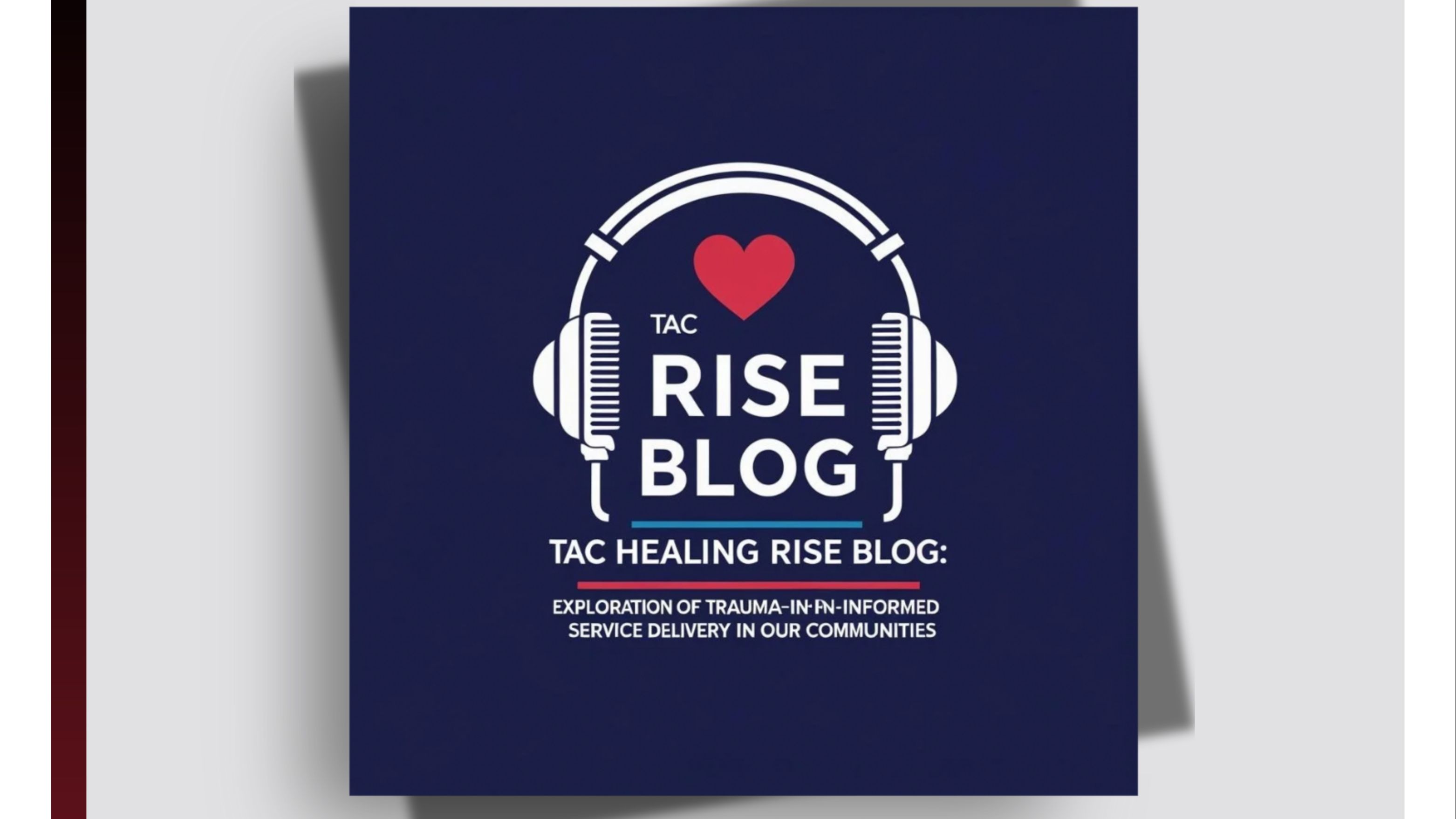
By Tamarra Aristilde-Calixte, LCMHC, LMFT, NCC
Trauma is more common than we often realize, research shows that one in three adults has experienced some form of trauma in their lives (SAMHSA, 2021). Because of this, trauma-sensitive workplaces have become an essential focus for organizations committed to supporting their people.
Ignoring the impact of trauma in the workplace isn’t an option. Trauma affects an employee’s health, decision-making, productivity, and overall well-being (Evans et al...
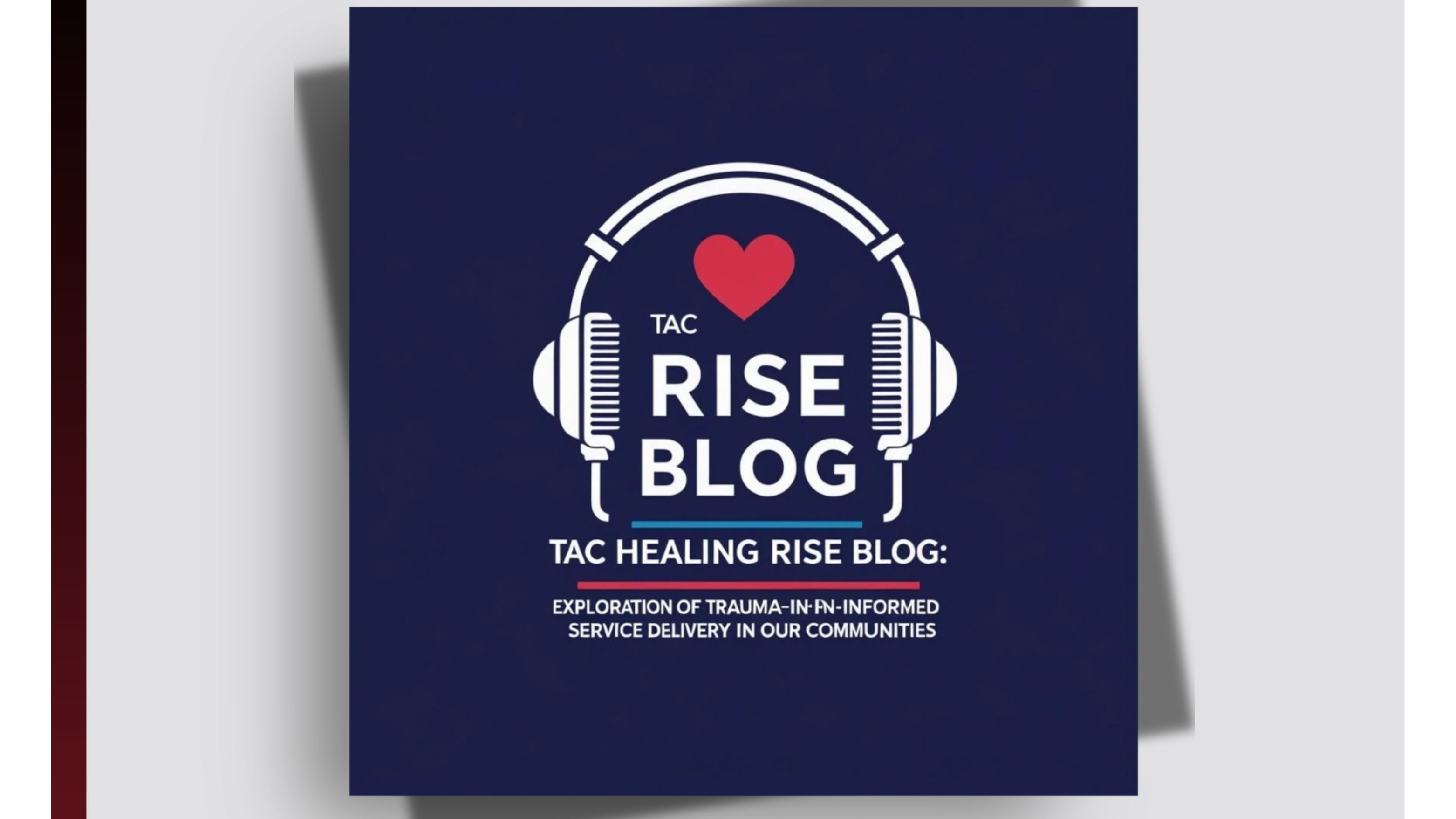
In today’s evolving mental health landscape, there is growing recognition of the profound impact trauma has on an individual’s overall well-being. More than ever, therapists are deepening their commitment to providing care that truly honors the lived experiences of those they serve.
Moving toward a trauma-informed approach is more than a shift in technique, it’s a shift in perspective. It means looking beyond surface symptoms to address the deeper wounds that shape behavior, emotion, and ident...
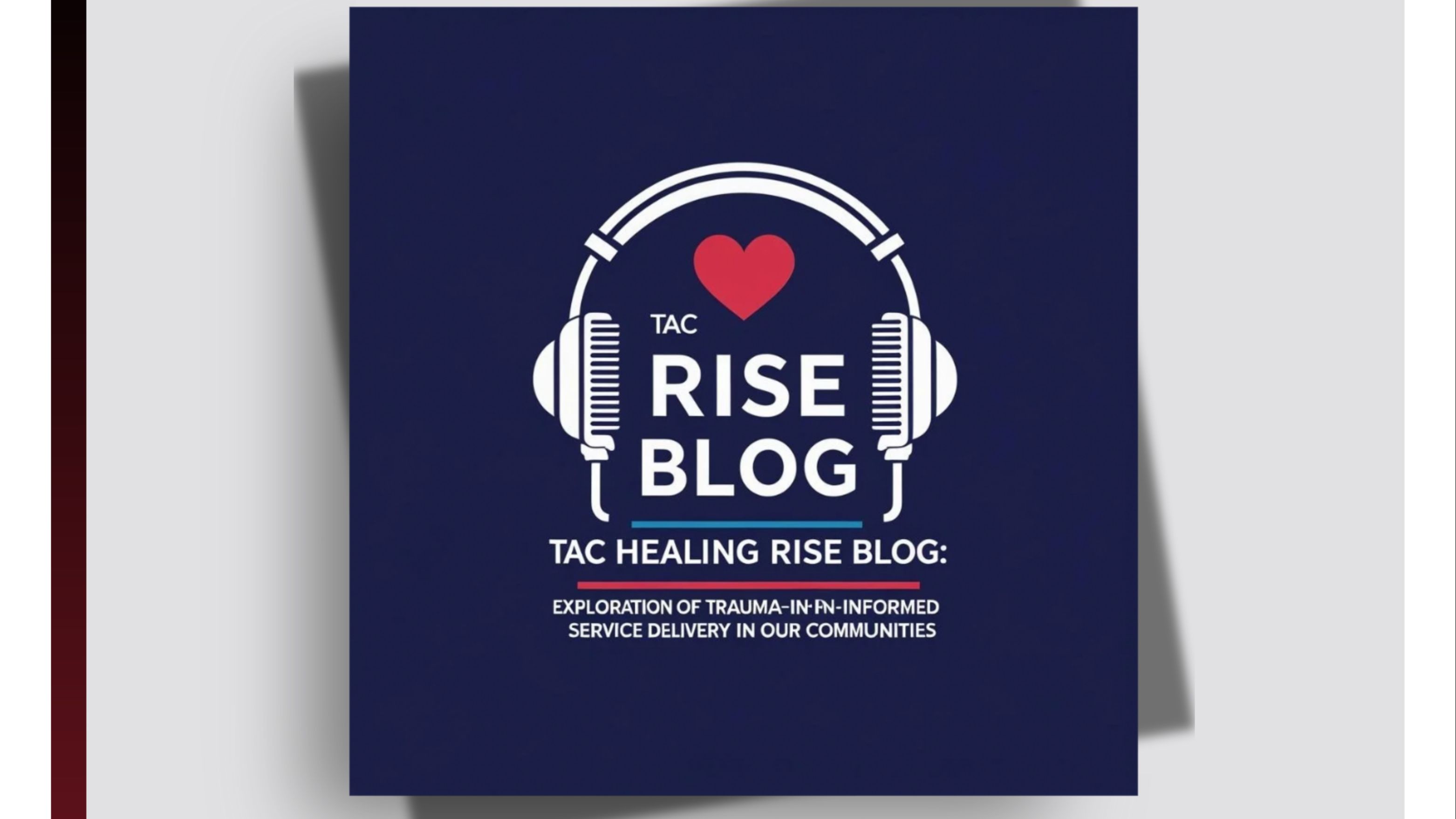
By Tamarra Aristilde-Calixte, LCMHC, LMFT, NCC
My name is Tamarra Aristilde-Calixte, and I am a Licensed Clinical Mental Health Counselor, a Licensed Marriage and Family Therapist, and a National Certified Clinical Mental Health Counselor. I’m also a writer, a behavioral health educator, and a lifelong learner. Each role reflects my commitment to healing, growth, and understanding.
Behind these titles is a woman who once struggled to understand the weight of trauma, especially her own. Beco...
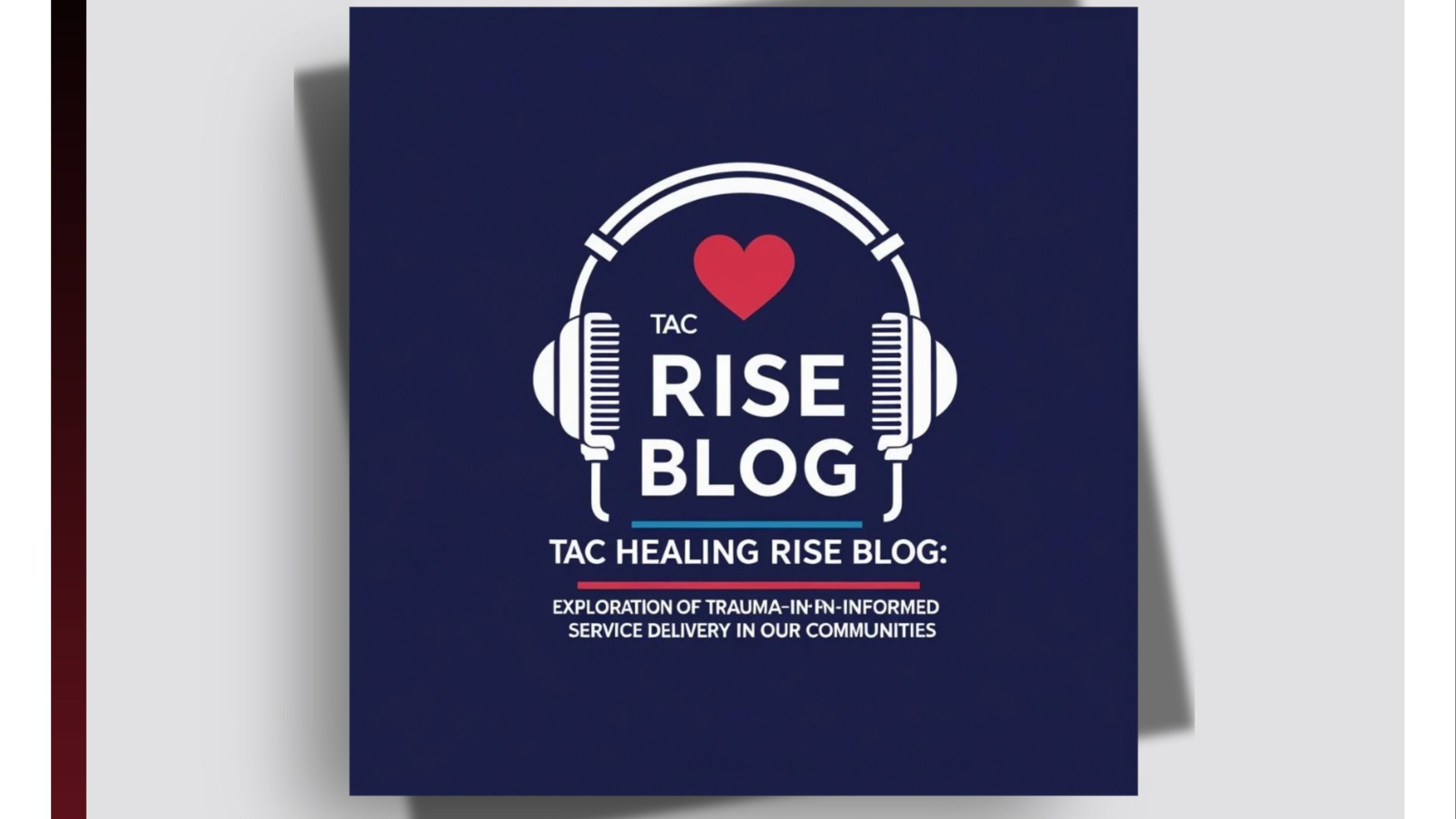
Trauma doesn’t happen in isolation, it touches individuals, families, neighborhoods, and entire communities. The way we respond matters deeply. Offering care that centers empathy, safety, and awareness isn’t just a clinical responsibility; it’s a shared community commitment.
This is where community-based trauma-informed care becomes essential. In this guide, we’ll explore the foundational principles of this approach, how it functions in real-world settings, and how it supports meaningful healin...
